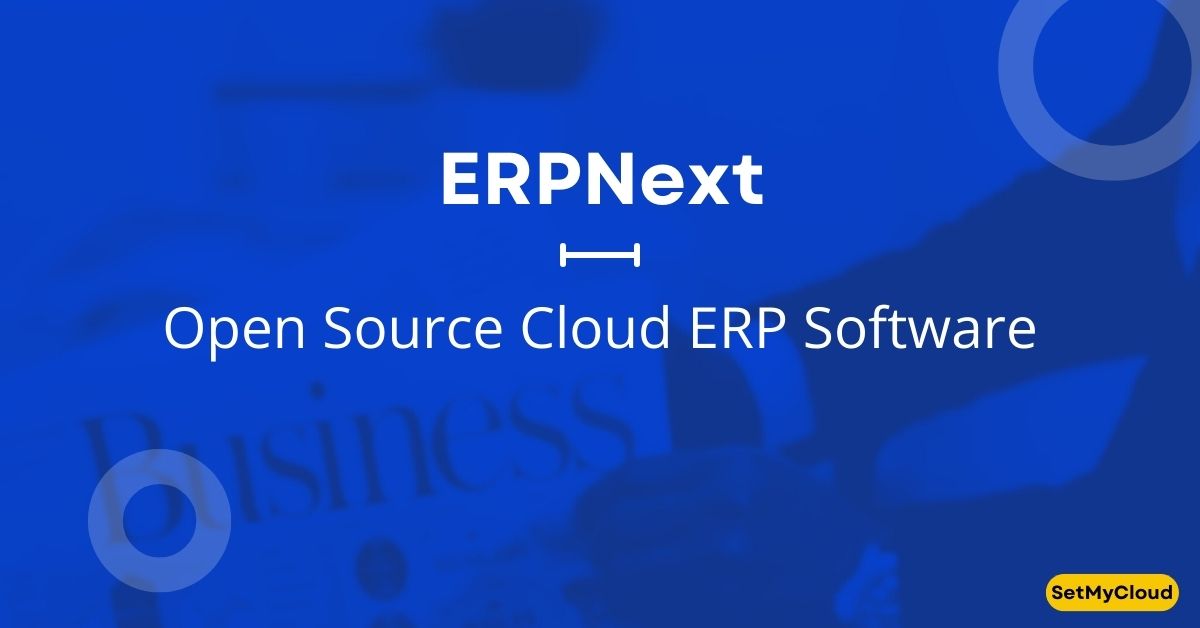ERPNext is a free and open-source integrated Enterprise resource planning software developed by an Indian software company Frappe Technologies Pvt. Ltd. It is built on the MariaDB database system using Frappe, a Python based server-side framework. A completely free and open source option, ERPNext comes in as a screaming value for users who can install, host, and operate it locally. Paid, hosted options start at just $50 per month for unlimited users, and education and nonprofit organizations may even qualify for additional discounts. It may not have the kind of out-of-the-box utility premium ERP products promise, but it should still be plenty usable for many SMBs. ERPNext can handle just about every ERP need imaginable, with tools for processes including CRM, help desk, content management, project management, human resources, payroll, order management, and inventory management. Since it’s an open source solution designed for low overhead, it just doesn’t offer those tools with the kind of simplicity you’re likely to get out of the box with a bigger player in the ERP space. To help make up for that, it does offer lots of native integrations with common third parties like WooCommerce, Shopify, Google Drive, Amazon, and Stripe. For an open source platform, ERPNext has an interface that gets high user marks for its user-friendliness, though its design is predictably a little lo-fi. But the applications themselves, once implemented, are rich. ERPNext offers standout features like multi-currency accounting, auto-generated invoices, lead analysis, Kanban and Gantt views, hierarchical bill of materials, real-time help desk insights, and much more. And when you enter data in one field, related fields automatically update across datasets, ensuring every user in every module accesses the same information. When it comes time to implement ERPNext, users will find that support and community knowledge are pretty strong. Rollout comes with a consultation call, and there’s even a partner ecosystem to help IT teams format the software to their particular needs. Considering this is free software, it can be well worth the time and effort for SMBs with dedicated IT teams looking for an ERP solution that can keep overhead low.

ERPNext | Open Source Cloud ERP Software
Feel Free to Share Share this content
- Post category:Cloud ERP